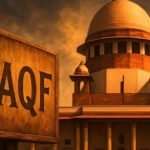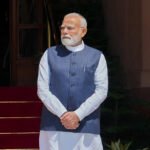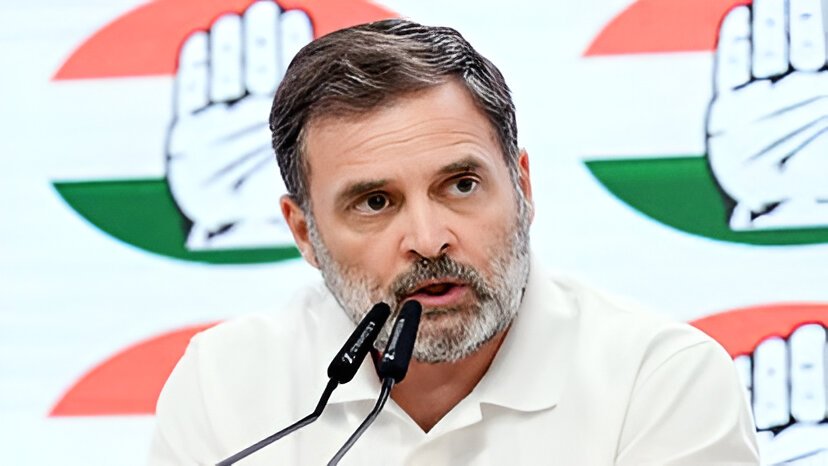
Background of the Defamation Case
Congress MP and Leader of Opposition in the Lok Sabha, Rahul Gandhi, faces renewed legal challenges as a non-bailable warrant has been issued against him by the MP-MLA court in Chaibasa, Jharkhand. The case stems from remarks made by Gandhi during the Congress plenary session in 2018, where he allegedly stated that even someone facing “charges of murder” could become the president of the BJP, a reference to Amit Shah, who was then BJP president. BJP leader Pratap Katiyar filed the defamation case, claiming Gandhi’s comments were derogatory and insulted BJP workers.
Timeline of Events Resulting in the Warrant
The legal steps were initiated in July 2018, which means that the case proceedings have been rather slow. Following the filing of the complaint in the CJM court at Chaibasa, it was moved to the Ranchi MP-MLA court on the Jharkhand High Court’s directive in 2020. Subsequently, it was sent back to Chaibasa, and it is here that the court took cognizance and issued several summons to Gandhi, which from his side continued to go unanswered. Upon notice, Gandhi did not appear, and the court moved from bailable to non-bailable warrants after refusing his plea that sought exemption for mandatory personal presence.
Legal Consequences and Court’s Resolute Position
In comparison with previous patterns of court behavior, this is quite extreme. The Chaibasa court’s decision to place a non-bailable warrant has further made the situation difficult for him. On June 26, 2025, Gandhi has to show himself physically to court after his lawyer’s plea was overruled. It shows that the judiciary wants compliance and emphasizes the gravity of the case concerning allegations of defamation. The prospects for arrest will increase for the Congress leader because presenting himself in court is necessary for their orders or else facing arrest, which under a non-bailable warrant is mandatory.
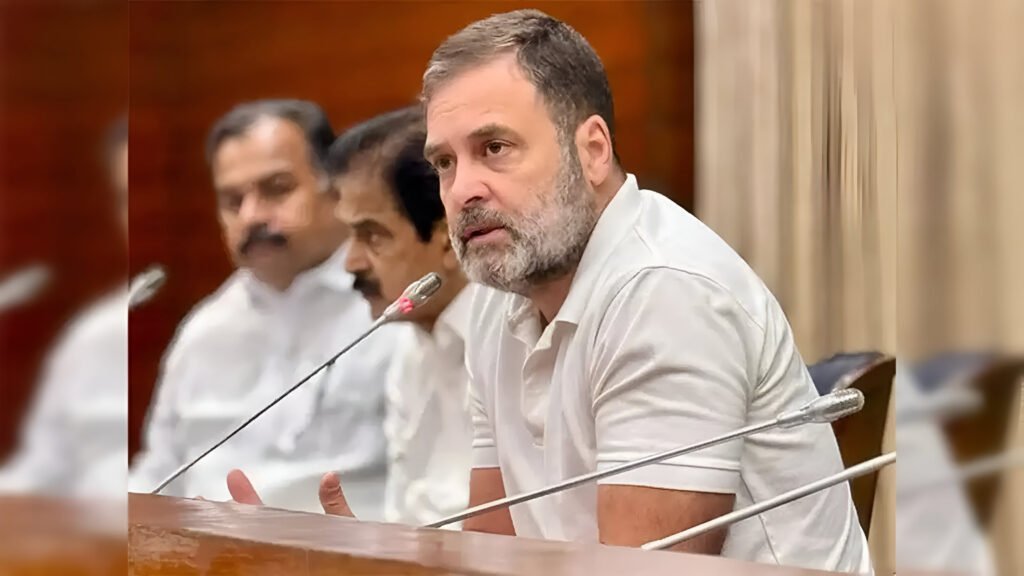
Political Ramifications for Rahul Gandhi and Congress
The political stage of India is bound to shake with the issue of a non-bailable warrant for an opponent leader like Rahul Gandhi. As the head of the opposition, it is not only certain that Gandhi’s legal entanglements will have ramifications for the Congress party’s outlook and image, but will also shift public sentiments with ongoing polls and the party’s attempts to counter a hostile BJP. The defamation suit also marks a step toward the growing attempt to resolve disputes in politics by legal means.
Details of the Alleged Remarks and BJP’s Response
The borderland of the “infringement” lies in the 2018 election speech of Gandhi in the Karnataka assembly elections. His statement, “a person accused of murder can also become the president of BJP,” was aimed at Amit Shah. BJP party members and plaintiff Pratap Katiyar considered this a defamatory statement. This damaged the reputation of the party and its members. The legal suit is part of a wider undertaking by the BJP intended to retaliate against opposition criticism by other means besides politics.
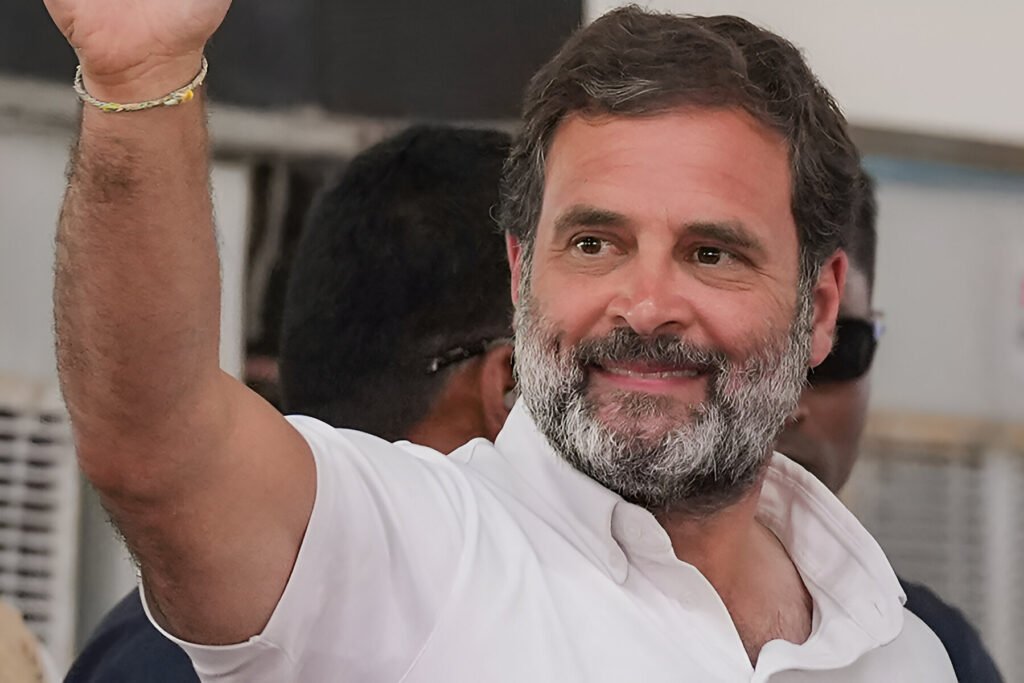
Rahul Gandhi’s Judicial Approach and His Judicial History
In one of the hearings, his legal representatives sought to execute multiple tactics. These included petitioning for a stay of execution on the warrant on 28th January 2021 and appealing to ‘ex parte’ applications to avoid a personal court attendance. All of these have failed. Previously he received a bailable warrant, which he did not obey, thus leading to Gandhi not complying with the present, non-bailable warrant. The judge’s stern attitude clearly displays scant patience for further procrastination.
What Is Coming Up Next Maintaining the schedule of events and moving forward
Now, Rahul Gandhi is expected to show up at the Court of Chaibasa on the 26th of June in 2025. If he does not show his face, he runs the risk of arrest and/or additional legal action. The legal tension surrounding this matter will continue to be overheated fuel for the Congress Party. In the meantime, the attention of the media and public as well as that of the politicians following up on the story will remain focused on the issue at hand. Around that time, the force providing Congress with his legal representation will have to tactfully deal with both legal strategy and political communication.










